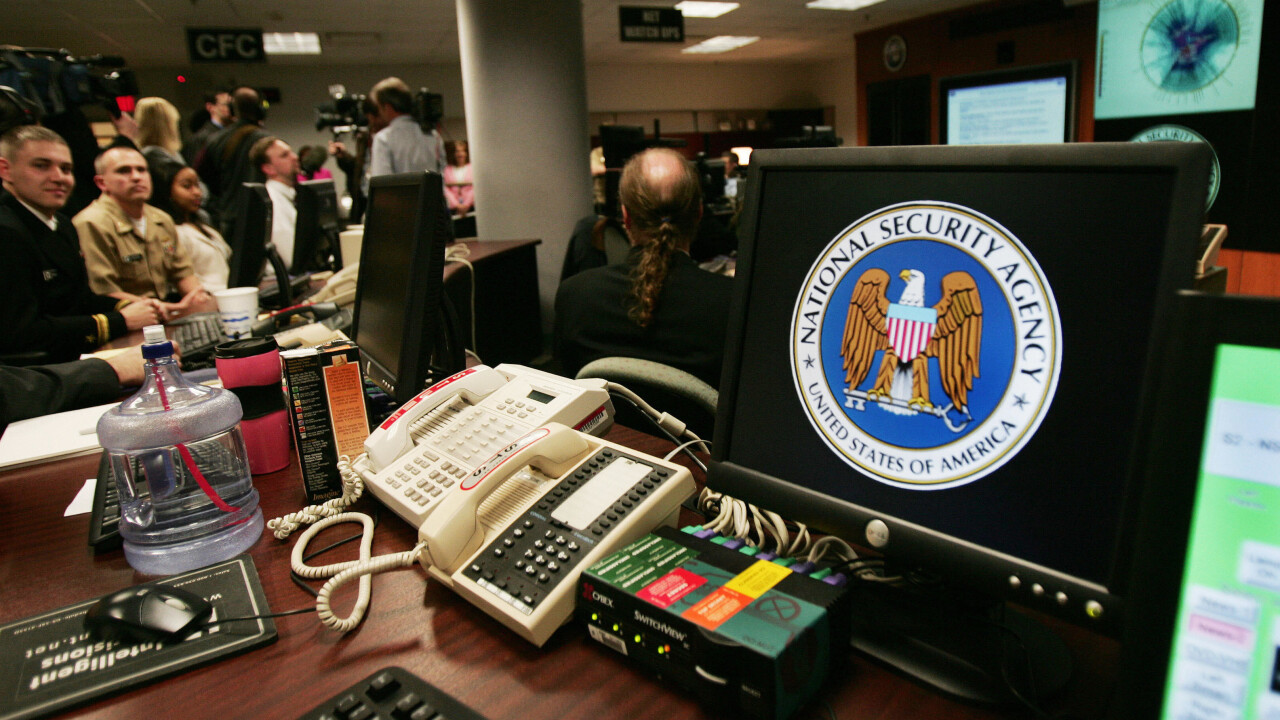
A federal judge in New York ruled today that the National Security Agency’s (NSA) mass telephone data collection program is legal, rejecting claims put forward by the American Civil Liberties Union.
William Pauley, the presiding judge for the case, revealed how the program has affected the NSA’s intelligence gathering capabilities since the terrorist attacks on September 11, 2001. He suggested that with the current program, the NSA could have helped the US government to prevent al-Qaida’s actions that day.
“Prior to the September 11th attacks, the NSA intercepted seven calls made by hijacker Khalid al-Mihdhar, who was living in San Diego, California, to an al-Qaeda safe house in Yemen,” Pauley said in his ruling.
“The NSA intercepted those calls using overseas signals intelligence capabilities that could not capture al-Mihdhar’s telephone number identifier. Without that identifier, NSA analysts concluded mistakenly that Al-Mihdhar was overseas and not in the United States.”
Pauley said that with the telephone data it collects today, the NSA might have been able to tell the FBI that al-Mihdhar was, in fact, calling this safe house from within the United States. In the case, Pauley said the data collection program was lawful, but fell short of saying that the NSA should be able to continue its work with the current checks and regulatory framework.
“While robust discussions are underway across the nation, in Congress and at the White House, the questions for this Court is whether the Government’s bulk telephone metadata program is lawful. This Court finds it is. But the question of whether that program should be conducted is for the other two coordinate branches of Government to decide.”
The ACLU moved for a preliminary injunction, but this was denied by the court.
In a separate case earlier this month, a federal judge in Washington ruled that the NSA’s data collection program was unconstitutional.
Image Credit: PAUL J. RICHARDS/AFP/Getty Images
Get the TNW newsletter
Get the most important tech news in your inbox each week.




